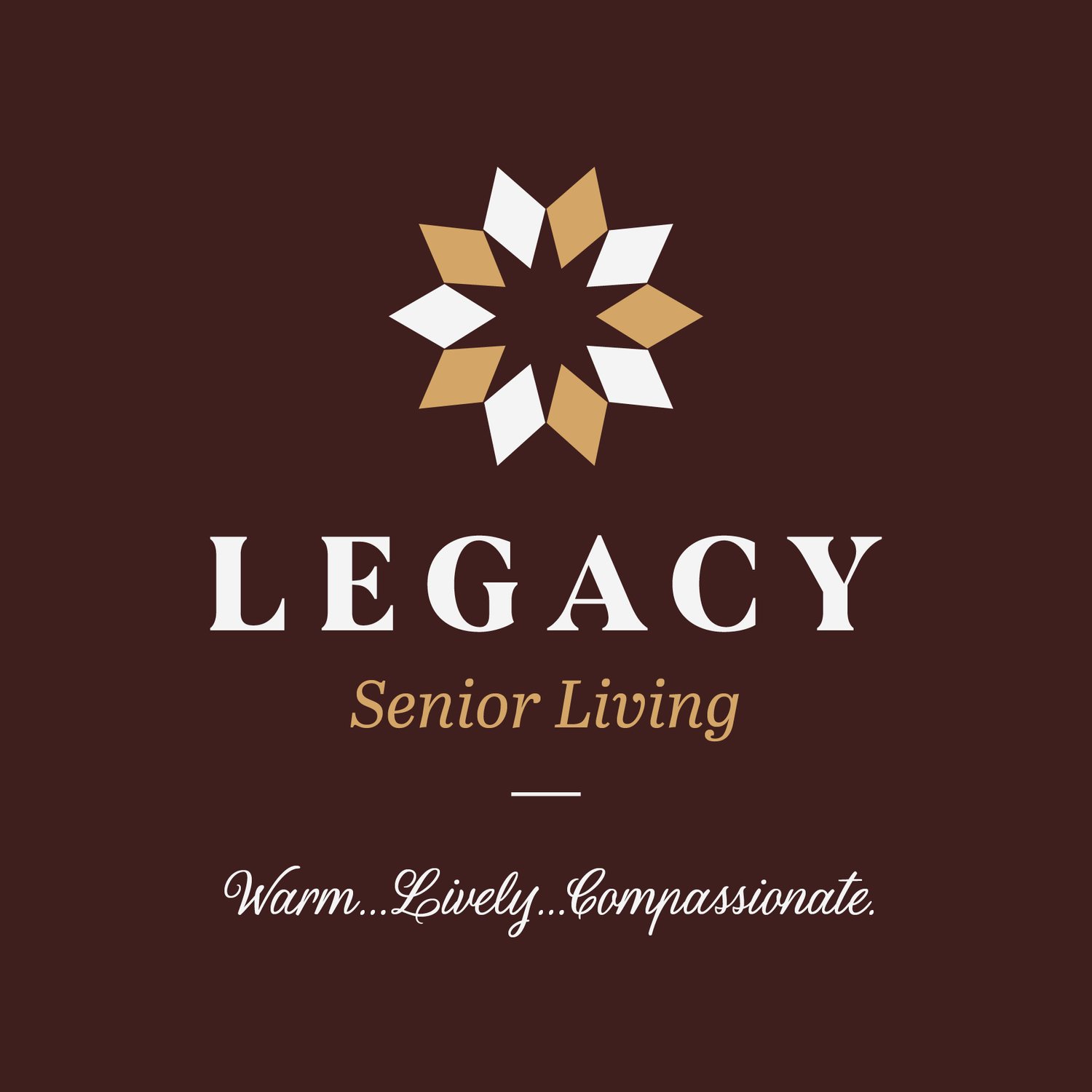Why Does Medication Management Matter
Medication management is crucial for senior living for several reasons, as it directly impacts the health, well-being, and quality of life for elderly individuals. Here are the top three reasons:
When looking for Senior Living Options make sure to ask about how each location manages and prompts for medications. Medications can affect an individual’s hunger, their balance, and many other factors. Medication management is crucial for senior living for several reasons, as it directly impacts the health, well-being, and quality of life for elderly individuals. Here are the top three reasons:
Health and Safety:
Seniors often have multiple chronic conditions that require ongoing medication. Proper medication management ensures that seniors receive the right medications in the correct doses and at the right times. Failure to adhere to prescribed medication regimens can lead to worsening health conditions, increased hospitalizations, and a decline in overall well-being.
Prevention of Adverse Drug Events:
Seniors are more susceptible to adverse drug events (ADEs) due to factors such as age-related changes in metabolism, multiple medications, and potential drug interactions. Medication management involves careful monitoring of prescribed medications to prevent ADEs, which can include side effects, allergic reactions, or complications from interactions between different drugs. Regular reviews of medications by healthcare professionals help identify and address potential issues.
Improved Quality of Life:
Effective medication management contributes to an improved quality of life for seniors by helping them maintain their independence and function at their best. When medications are taken as prescribed, seniors are more likely to manage their health conditions effectively, experience fewer symptoms, and maintain a higher level of physical and mental well-being. This, in turn, allows seniors to engage more fully in daily activities, social interactions, and recreational pursuits.
In senior living settings, whether in independent living communities, assisted living facilities, or nursing homes, a comprehensive and well-organized medication management system is essential to address these concerns. This typically involves collaboration among healthcare professionals, caregivers, and the seniors themselves to ensure that medications are prescribed, dispensed, and taken appropriately.
10 Resources to Support Aging with Independence
10 books to support independence as your family ages! Come experience how residential assisted living can support and improve that journey for your family.
At Legacy, we know there is nothing easy about the aging process. Our mission is dedicated to supporting families through this process. Here are 10 great books that can help. If you would like to experience how Residential Assisted Living supports autonomy then set up a visit today and we will give you a free copy of Atul Gawande’s book if you mention this blog post. Call (405) 438-3157 today, before we run out
Atul Gawande: Dr. Atul Gawande is a surgeon and author known for his books "Being Mortal: Medicine and What Matters in the End" and "The Checklist Manifesto." In "Being Mortal," he discusses how to improve the quality of life for the elderly and enhance their independence, even in the face of serious illness and aging.
Oliver Sacks: The late Dr. Oliver Sacks was a neurologist and author known for his compassionate and informative writings on neurological conditions. His book "The Man Who Mistook His Wife for a Hat" and "Awakenings" explore the human condition, including aging and its challenges.
Marc Agronin: Dr. Marc Agronin is a psychiatrist and author of "How We Age: A Doctor's Journey into the Heart of Growing Old." He provides insights into the psychological aspects of aging and strategies for maintaining independence and quality of life.
Atul Singhal: Dr. Atul Singhal is a pediatrician and author of "The Healthy Aging Brain: Sustaining Attachment, Attaining Wisdom." He explores the importance of social connections and mental stimulation in aging gracefully.
Patti Davis: Patti Davis, the daughter of former U.S. President Ronald Reagan, wrote "The Long Goodbye," a memoir about her father's battle with Alzheimer's disease. This book provides a personal perspective on caregiving and the challenges of aging.
Michael Gurian: Michael Gurian is a psychotherapist and author of "The Wonder of Aging: A New Approach to Embracing Life After Fifty." He offers insights into the emotional and psychological aspects of aging and how to maintain a sense of purpose and vitality.
John C. Robinson: Dr. John C. Robinson is an author and psychologist known for books like "The Three Secrets of Aging" and "What Aging Men Want: The Odyssey as a Parable of Male Aging." He focuses on the spiritual and emotional dimensions of aging.
Joy Loverde: Joy Loverde is the author of "Who Will Take Care of Me When I'm Old?: Plan Now to Safeguard Your Health and Happiness in Old Age." She provides practical advice on planning for independence in old age.
Jane Gross: Jane Gross, a journalist and author, wrote "A Bittersweet Season: Caring for Our Aging Parents - and Ourselves." Her book addresses the challenges of caregiving and aging and offers practical solutions.
These authors cover a range of topics related to aging, from medical and psychological aspects to caregiving and planning for the future. Their works can provide valuable guidance for individuals and families seeking to maintain independence and quality of life as they age.
Understanding different Senior Living Options and levels of care
Understanding the different care options is just 1 of the 9 factors that you should discuss with your family when discussing how to support an aging loved one.
Understanding the different Senior Living options: Home Living, Independent Living, Assisted Living, and Nursing Homes
Introduction
As we or our loved ones age, the question of where to live becomes increasingly important. Each stage of life comes with its unique needs and challenges, and the decision between staying at home, moving to an independent living community, transitioning to assisted living, or considering a nursing home requires careful consideration. In this blog post, we'll delve into the differences between these options to help you make an informed choice.
Living at Home:
For many, the thought of aging in place and staying in the comfort of their own homes is appealing. Home living offers familiarity, independence, and a sense of security. However, it's essential to acknowledge that as we age, daily tasks can become more challenging. While staying at home provides autonomy, it might also require modifications to the living environment, in-home care services, and regular check-ins to ensure safety and well-being.
Independent Living:
Independent living communities are perfect for those who desire an active and social lifestyle without the burden of maintaining a house. Residents live in private apartments or cottages within a community that offers amenities such as fitness centers, recreational activities, and communal dining. It's an excellent option for older adults who want to downsize and simplify their lives while enjoying the company of peers. Independent living provides a sense of community and freedom while ensuring assistance is available if needed.
Assisted Living:
Assisted living strikes a balance between independence and support. This option is suitable for individuals who need help with daily activities like bathing, dressing, and medication management. Residents have private living spaces while benefiting from services like housekeeping, meals, and transportation. Trained staff members are on hand 24/7 to offer assistance, creating a comfortable environment for seniors to age gracefully with the necessary care they require.
Nursing Homes:
Nursing homes, also known as skilled nursing facilities, provide intensive medical and personal care for individuals with complex health needs. These facilities are staffed with licensed medical professionals, including registered nurses and doctors, ensuring residents receive the medical attention they require. Nursing homes are ideal for those with chronic illnesses, disabilities, or recovering from surgeries who need round-the-clock monitoring, medical assistance, and personal care.
Choosing the Right Option
Selecting the right living arrangement depends on factors such as health status, personal preferences, social needs, and available financial resources. Here are some considerations to help guide your decision:
Healthcare Needs: Assess the level of medical care required and whether medical conditions are stable or progressing.
Independence: Determine the desired level of independence and whether you need assistance with daily tasks.
Social Engagement: Consider how important community and social activities are for your mental and emotional well-being.
Financial Situation: Understand the costs associated with each option, including potential long-term care expenses.
Safety: Evaluate whether the current living environment can be modified to ensure safety or if a more structured setting is necessary.
Family Support: Discuss the decision with family members to gather their insights and perspectives.
Conclusion
As we journey through different stages of life, our living preferences and needs evolve. Whether you're considering aging at home, exploring independent living, evaluating assisted living communities, or contemplating a nursing home for more intensive care, each option has its unique advantages. The key is to make an informed decision that aligns with your well-being, comfort, and desired lifestyle, ensuring a fulfilling and supportive living arrangement for yourself or your loved ones.






